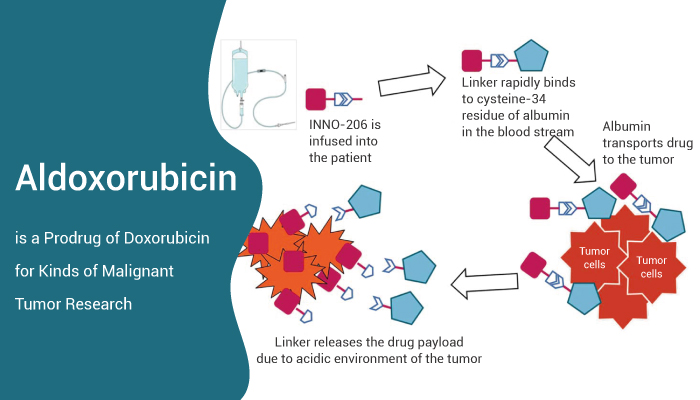The double stranded nature of DNA creates a special set of problems for processes that require strand unwinding such as transcription and replication. The unwinding that occurs during these processes creates a topological problem because the unwinding must be compensated by overwinding elsewhere in the DNA molecule. DNA topoisomerases are enzymes that disentangle the topological problems that arise in double-stranded DNA.
Topoisomerases are enzymes that regulate the overwinding or underwinding of DNA. DNA topoisomerases are enzymes that solve these difficulties by introducing transient breaks in DNA. The transient breaks allow changes in DNA topology that eliminate the overwinding. There are two classes of topoisomerases: type I enzymes introduce single strand breaks in DNA and type II topoisomerases introduce double strand breaks. Type I topoisomerase cuts one strand of a DNA double helix, relaxation occurs, and then the cut strand is reannealed. Type II topoisomerase cuts both strands of one DNA double helix, pass another unbroken DNA helix through it, and then reanneal the cut strands. Many of these can be solved by the generation of either single or double strand breaks. However, where there is a clear requirement to alter DNA topology by introducing transient double strand breaks, only DNA topoisomerase II can carry out this reaction.
Aldoxorubicin is a prodrug of Doxorubicin with acid-sensitive properties
Aldoxorubicin binds covalently to serum albumin in the bloodstream immediately after administration through an acid-sensitive hydrazone linker. And it is subsequently transported to tumor tissues. In there, the acidic environment cleaves the linker and facilitates delivery of a tumor-targeted drug payload. Endogenous albumin is a potential drug carrier because it accumulates in solid tumors due to the high cell turnover, angiogenic, defective vascular architecture, and impaired lymphatic drainage characteristic of tumor tissues. Furthermore, the HS group of Cys34 of albumin is absent in the majority of remaining circulating serum proteins, making it an accessible functional group. Aldoxorubicin contains an acid-sensitive hydrazone linker that facilitates Doxorubicin release either intracellularly in acidic lysosomal (or endosomal) compartments after cellular uptake of the albumin conjugate by tumor cells or extracel-lularly in the slightly acidic environment often present in tumor tissues. Therefore, Aldoxorubicin is effective for relapsed or refractory soft tissue sarcomas.
All in all, Aldoxorubicin is a prodrug of Doxorubicin and effective for relapsed or refractory soft tissue sarcomas.
References:
[1] Nitiss JL. Nat Rev Cancer. 2009 May;9(5):327-37.
[2] Gong J, et, al. Drug Des Devel Ther. 2018 Apr 6:12:777-786.
